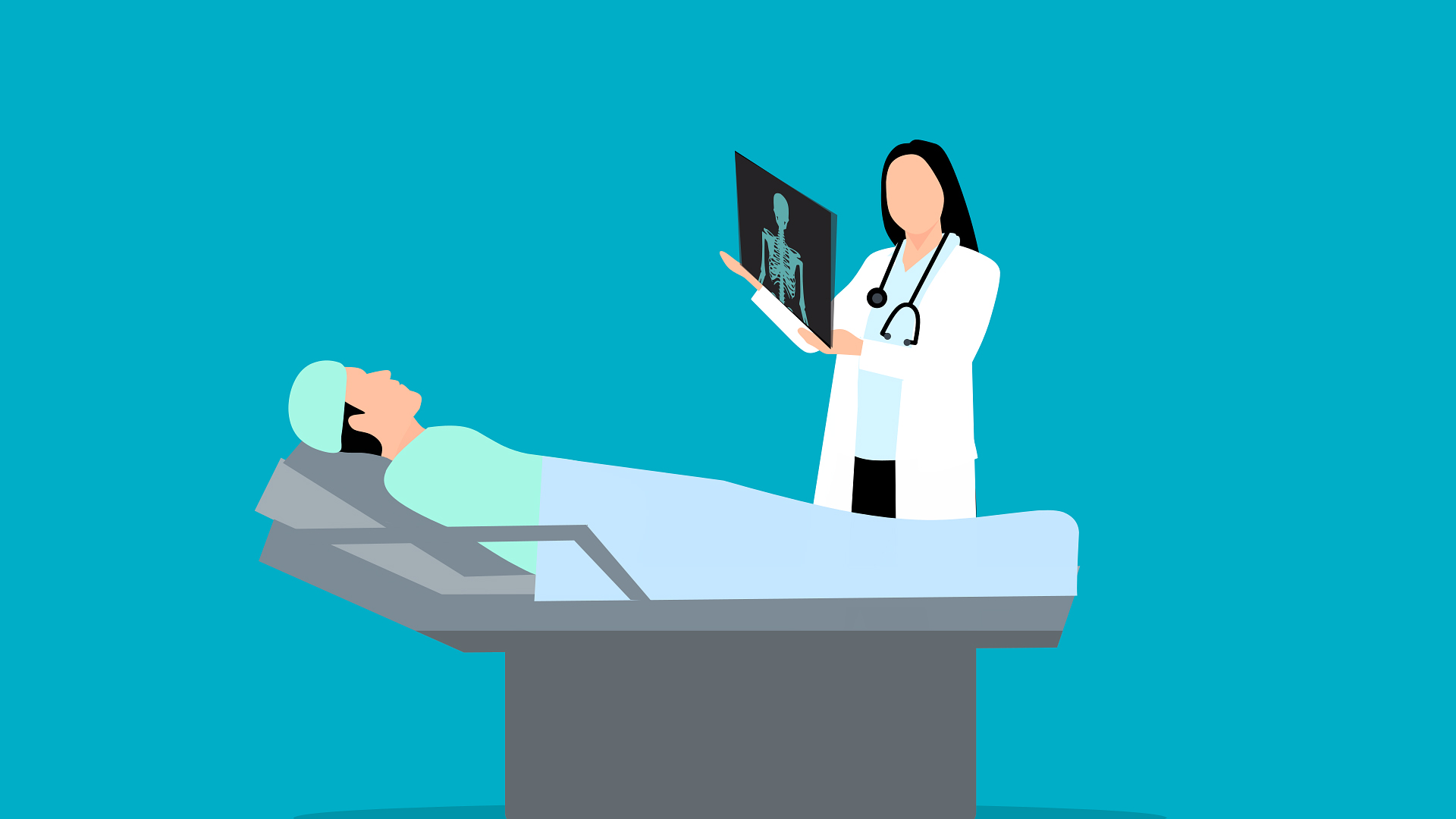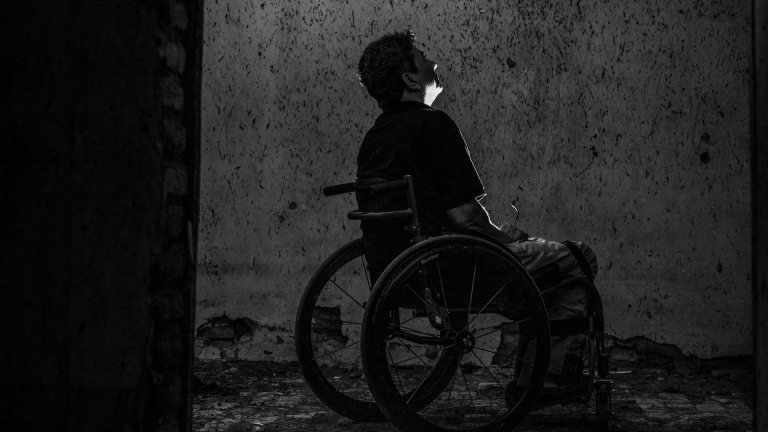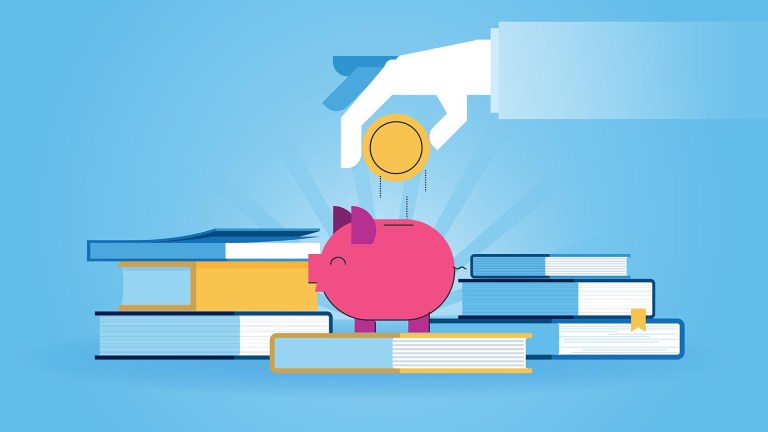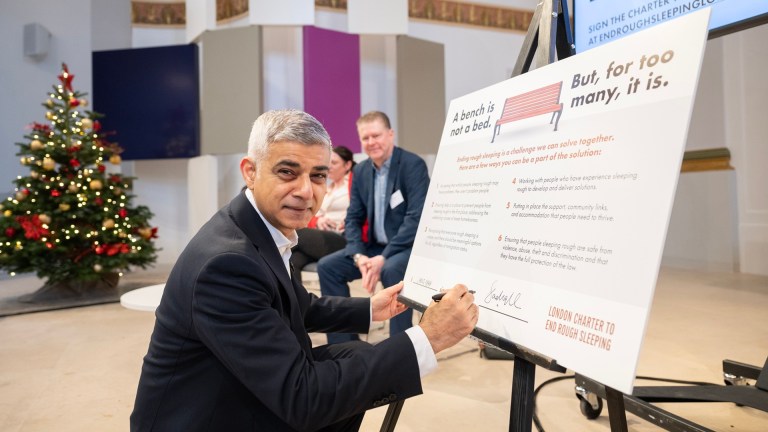
If we were to take 100 doctors and nurses and ask them to assess a patient’s pain, we can be fairly sure that a man’s pain would be estimated as higher than a woman’s. Women’s pain is routinely discounted, because of the belief that women exaggerate, or imagine, or make more fuss about their pain than men do. This is the case whether the doctor or nurse is male or female – and it is seen much more widely in Western culture.
Medical diagnosis and treatment likes certainty, and what the patient says is usually a starting point for examinations and tests. But pain is tricky. It is one of the commonest reasons to go to a doctor, but it does not always have a reason that shows up on tests and examinations. Whether it does or not, the only humane starting point is to listen to the person who complains of pain.
Change a Big Issue vendor’s life this winter by purchasing a Winter Support Kit. You’ll receive four copies of the magazine and create a brighter future for our vendors
This is where beliefs come in. Women are often well aware of what they are up against, hoping to be taken at their word about their symptoms. I cannot count the number of women who have described the dilemma: do they present themselves well dressed, hair tidy and makeup on, calm and articulate, only to be told that “you look fine, so the pain can’t be very bad” – or do they present themselves as they feel, messy and unattractive, to find themselves written off as neurotic?
There are plenty of negative stereotypes to apply to women, and they can pile up too: anyone with a psychiatric history may find her account doubted, particularly if she has a history of substance abuse, since opioids are one of the possible treatments offered for pain. In research studies in America, people from ethnic minorities received poorer assessment and treatment for pain, although to a lesser extent where the clinician was from an ethnic minority.
- We asked leading figures in the fight for women’s equality what changes they want to see this International Women’s Day
- How all men can join the fight to end violence against women
- How much does the NHS cost the UK compared to healthcare spending in other countries?
In one common disorder, endometriosis, women’s accounts of very painful periods which often start early in their teens, tend to be written off as “just period pain” for many years before they are correctly diagnosed and offered treatment. Where disorders affect both men and women, women are more likely to be asked about stress as a possible cause of pain, even with chest pain that might signal heart problems, and to be offered psychological treatment, where a man with the same complaints is investigated further. Women are asked about being able to do housework as a sign of recovery; men about sports and activities.









